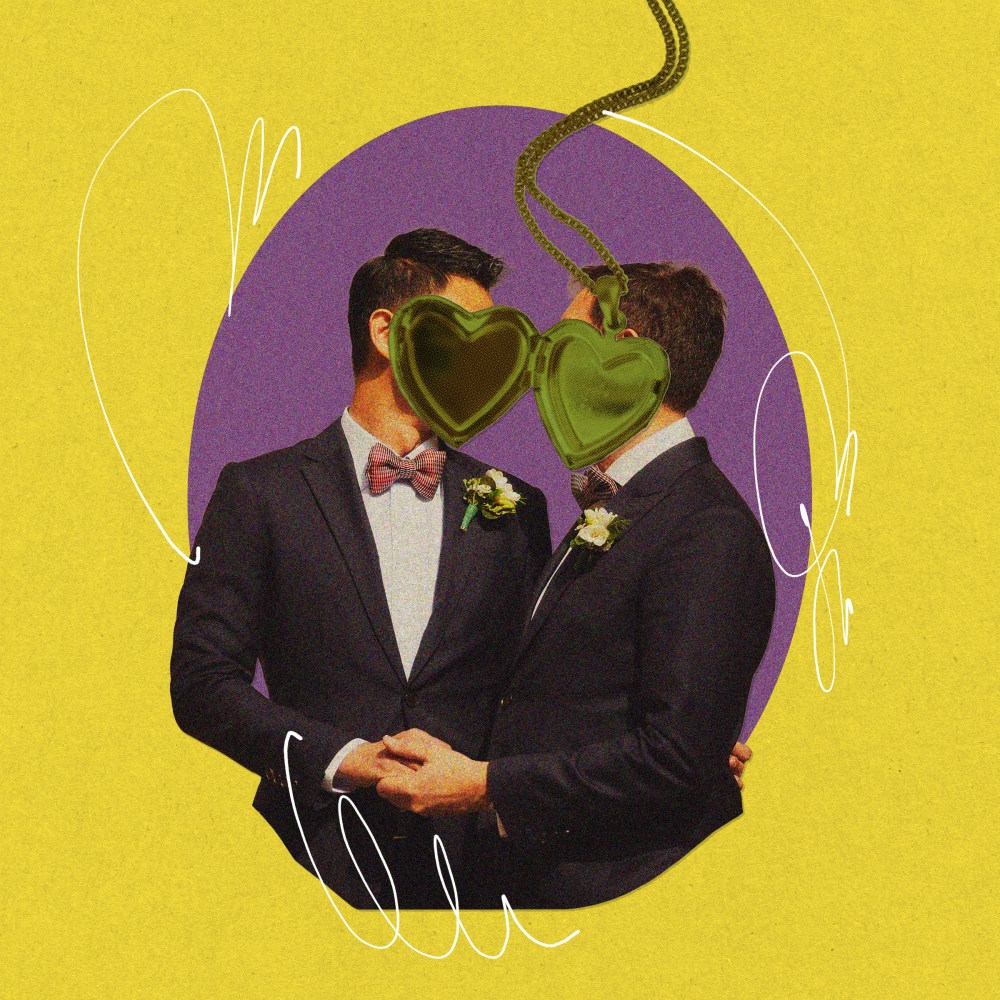This article is part of “Finding Pride in a Divided America,” a special series from MSNBC Daily.
When the Supreme Court handed down Obergefell v. Hodges in 2015, millions of Americans finally exhaled. The right to marry, regardless of gender, was recognized as fundamental. It felt like a long-overdue step forward in our nation’s march toward equal justice.
But nearly a decade later, that right which many believed was secured is again under attack.
Lawmakers in at least nine states, including my home state of Louisiana, have introduced legislation aimed at undermining, restricting or outright overturning Obergefell. Some of these measures encourage the Supreme Court to revisit and reverse its own ruling. Others quietly lay legal groundwork to chip away at marriage equality piece by piece.
This work is not abstract. It is deeply personal, because equality is personal.
Let me be clear: The right to marry who you love is not negotiable. It’s not a bargaining chip. It’s a constitutional protection rooted in dignity, liberty and equal protection under the law.
For me, this fight is not new. I’ve spent my entire public career standing with the LGBTQIA+ community — from my earliest days in the Louisiana state Legislature to my time on the New Orleans City Council, in the Louisiana state Senate and now in the United States Congress.
In 1993, as a young state representative, I introduced legislation to prohibit discrimination based on sexual orientation — one of the first such bills in Louisiana’s history, and the very first to ever reach the House floor. It didn’t pass, but bringing it to the House floor was no small feat in the Deep South 30 years ago. That early stand earned me recognition from Louisiana’s leading LGBTQIA+ advocacy group, the Forum for Equality, with its Acclaim Award for Political Leadership.
In 1999, while on the New Orleans City Council, I authored the Domestic Partnership Registry, allowing same-sex couples to publicly declare their relationships and gain basic legal protections. Even earlier, in 1997, the city extended health benefits to domestic partners of city employees — a bold move demonstrating New Orleans’ long-standing commitment to fairness.
In 2016, as a Louisiana state senator, I introduced Senate Bill 436 to outlaw discrimination based on sexual orientation, gender identity and gender expression. The opposition remained fierce — but I stood firm.

Today, as a member of Congress, I proudly co-authored and voted for the Respect for Marriage Act, ensuring that marriage equality remains protected in federal law even as extremist voices seek to dismantle it. As a member of the Congressional Equality Caucus, I will continue my efforts for freedom and justice for all — because equality cannot be selective; it must be universal.











